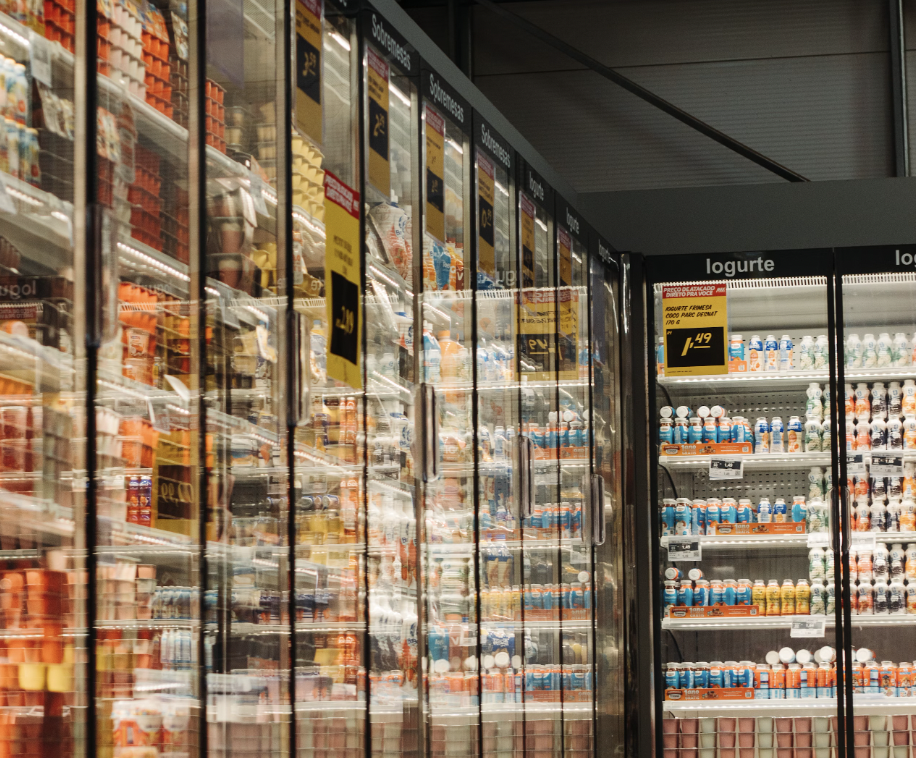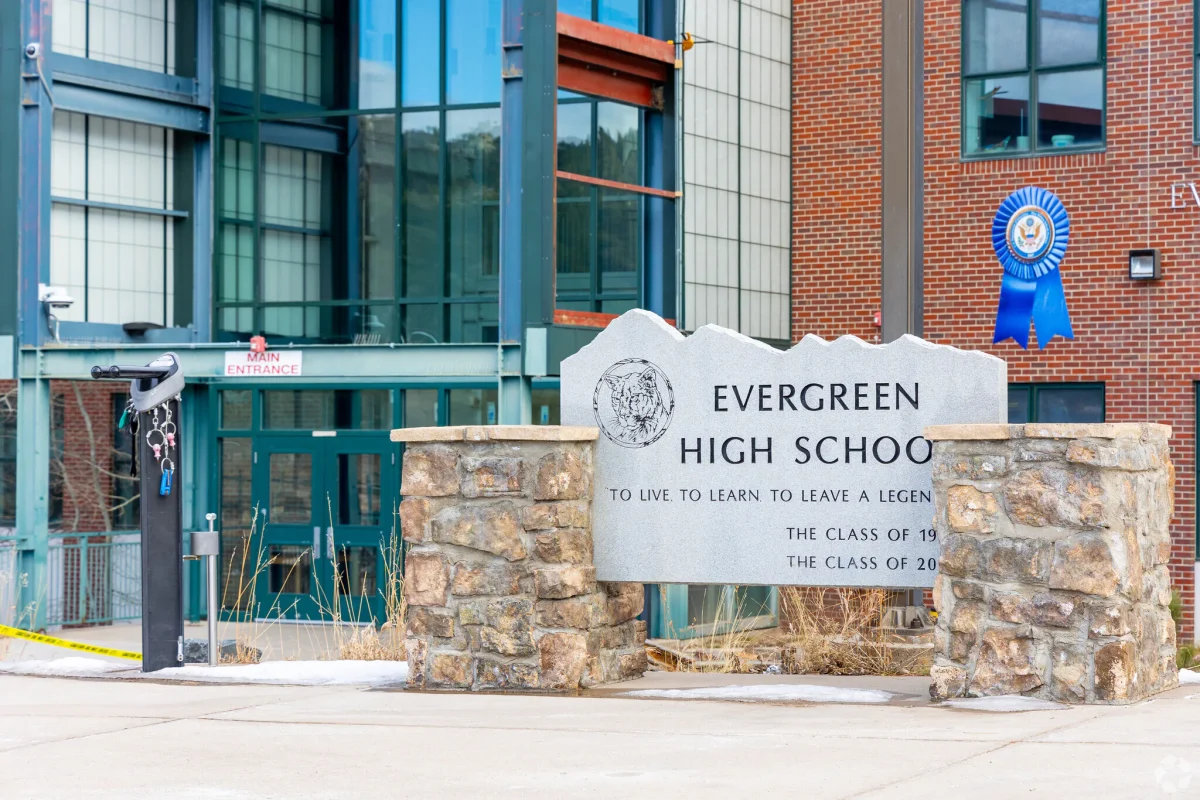The controversy surrounding the products we consume is nothing new. From debates about organic food to arguments about the usage of pesticides, Americans constantly worry about what goes on their dinner plate. However, if you’ve been paying attention to the news, you might’ve noticed a new trend: food recalls.
Food recalls have been consistently rising throughout 2024, and many are unaware of it. Recall issues can be relatively harmless, but they can also, in worst case scenarios, be fatal.
Product recalls happen when faulty products find themselves on shelves. At best, defective products can be harmless, like mislabeling a box of cereal. But at worst, people can become gravely ill, or even die if they aren’t careful in checking out the recall list.

Despite how important it is to inspect them, raw meats and heavily processed foods are the worst offenders of all. According to the FSIS recall summary, recalls are separated into three tiers; with Class I being the most hazardous, and Class III being the least.
In 2023 alone, 3,943,580 pounds of meat were recalled for Class I risk — a stark contrast to the 1,013,972 pounds of recalled Class I meat in 2012. While there’s no official data for 2024 thus far, there is no doubt that there has been a dangerous spike within the past year.
When asked about his opinions, Cardozo High School senior Justin Daniel Nuñez revealed that he didn’t know that there had been so many recalls. “I thought it was just the Boar’s Head,” he explained, “It’s so scary to think how our food can be contaminated.”
Nuñez is not the only one unaware. Many unsuspecting shoppers go into grocery stores without checking the recall list prior. Although there are chances of stores retrieving items before anyone buys them, treading into dangerous territory without being any wiser is risky.
While students can’t do much to ensure the food they’re getting is safe, they can look at the news or the FDA list for any alerts before buying. People must be careful, especially with what they’re eating. After all, it’s always better to check than to not; better to be safe than to be sorry.














